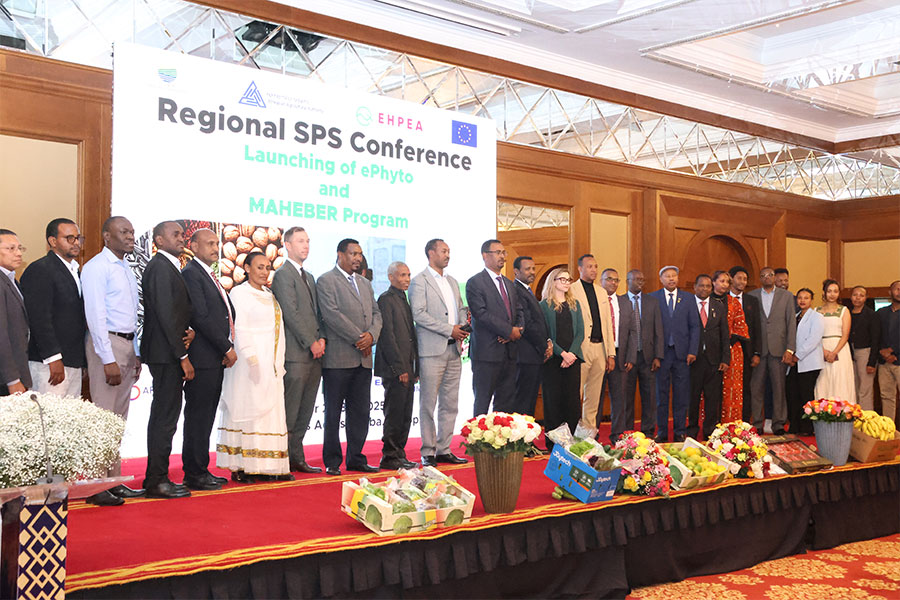
The Ethiopian Agricultural Authority has introduced the Integrated Export and Import Certification System (IEICS) – e-Phyto Project, a digital platform replacing paper-based plant health certificates with secure electronic ones. The system is expected to cut certification times from days to hours, reduce costs from lost or forged documents, and improve traceability and transparency in the export process. Previously, processing one export could require around 4,000 papers. Funded by the EU, Trademark Africa, French Development Agency, and the Authority, e-Phyto will roll out nationwide within a month. Developed in partnership with the Ethiopian Horticultural Producers and Exporters Association, it aligns with IPPC global standards, enabling faster, safer exports. Officials said the initiative, alongside the “MAHEBER” program, will boost the horticulture sector, sustainability, and compliance for international markets, particularly in Europe.
[ssba-buttons]